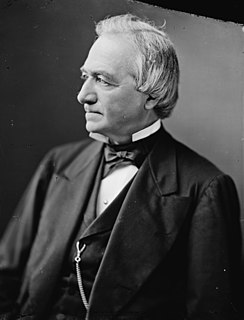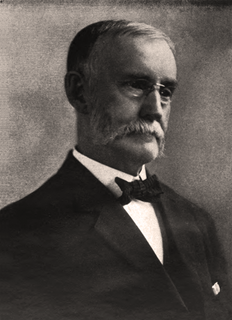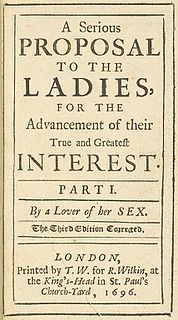A Quote by Blaise Pascal
If we regulate our conduct according to our own convictions, we may safely disregard the praise or censure of others.
Related Quotes
It requires something more than personal experience to gain a philosophy or point of view from any specific event. It is the quality of our response to the event and our capacity to enter into the lives of others that help us to make their lives and experiences our own. In my own case my convictions have derived and developed from events in the lives of others as well as from my own experience. What I have seen meted out to others by authority and repression, economic and political, transcends anything I myself may have endured.
Happiness, the goal to which we all are striving is reached by endeavoring to make the lives of others happy, and if by renouncing the luxuries of life we can lighten the burdens of others.... surely the simplification of our wants is a thing greatly to be desired! And so, if instead of supposing that we must become hermits and dwellers in caves in order to practice simplicity, we set about simplifying our affairs, each according to his own convictions and opportunity, much good will result and the simple life will at once be established.
What happens when we begin to praise our own abilities? And this is not focusing on an inflated ego, but on appreciation and praise. What happens when we begin sincerely to give thanks for our wonderful minds and our strong and healthy bodies? It's not at all difficult to believe that our own senses of confidence and self-worth are actually activated and strengthened.
As he loves us, he would have us love others. We say men are not worthy of such friendships. True, they are not. Neither are we worthy of Christ's wondrous love for us. But Christ loves us-not according to our worthiness-but according to the riches of his own loving heart! So should it be with our giving of friendship-not as the person deserves-but after the measure of our own character.
Be all of you subject one to another having your conduct blameless among the Gentiles, that you may both receive praise for your good works, and the Lord may not be blasphemed through you. But woe to him by whom the name of the Lord is blasphemed! Teach, therefore, sobriety to all, and manifest it also in your own conduct
To conclude this discussion, assessment of justice demands engagement with the 'eyes of mankind',first, because we may variously identify with the others elsewhere and not just with our local community;second, because our choices and actions may affect the lives of others far as well as near;and third,because what they see from their respective perspective of history and geography may help us to overcome our own parochialism.
Here is the point about myself and my co-thinkers. Our belief is not a belief. Our principles are not a faith. We do not hold our convictions dogmatically. We believe with certainty that an ethical life can be lived without religion. And we know for a fact that the corollary holds true - that religion has caused innumerate people not just to conduct themselves no better than others, but to award themselves permission to behave in ways that would make a brothel-keeper or an ethnic cleanser raise an eyebrow.









































